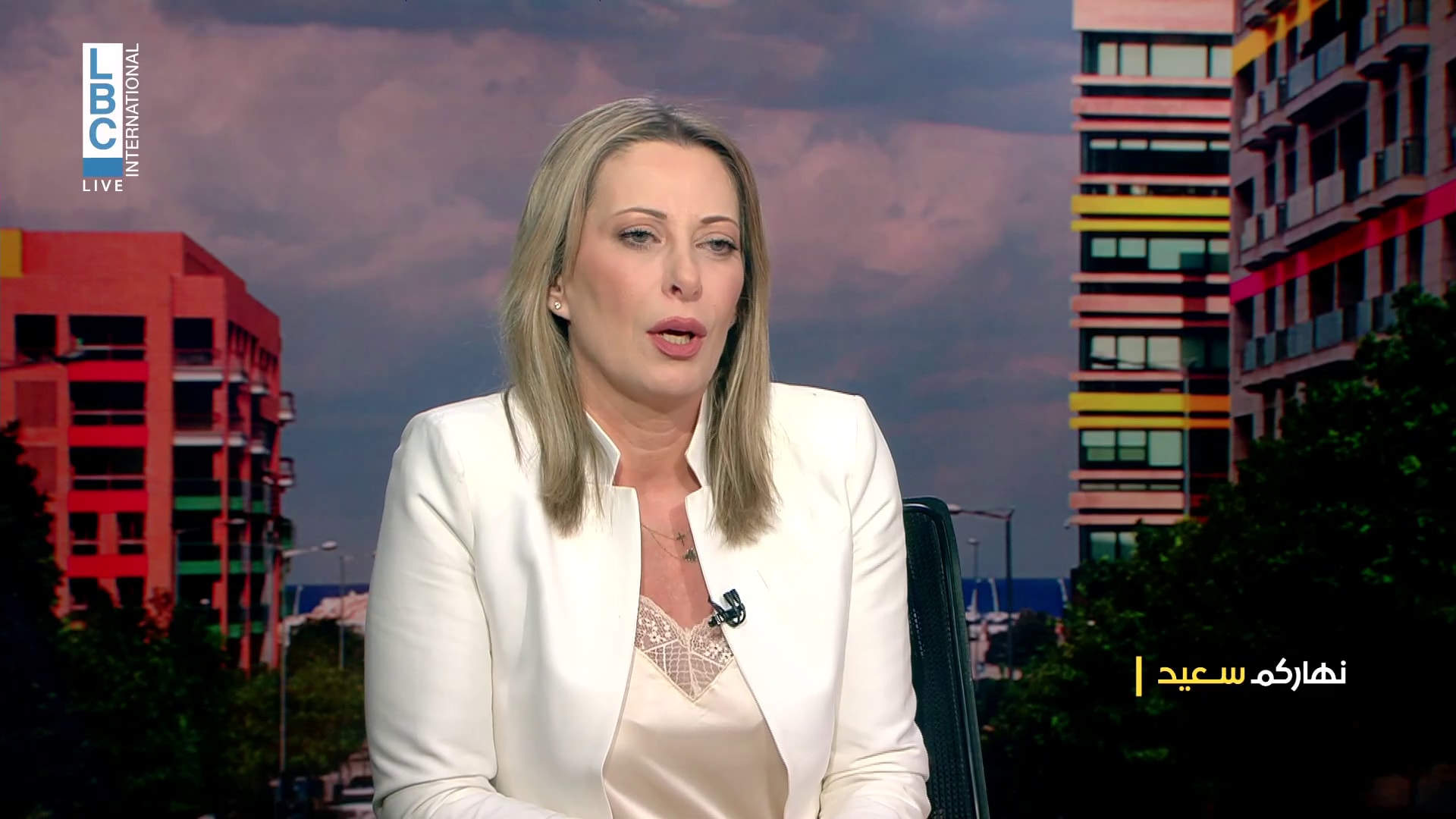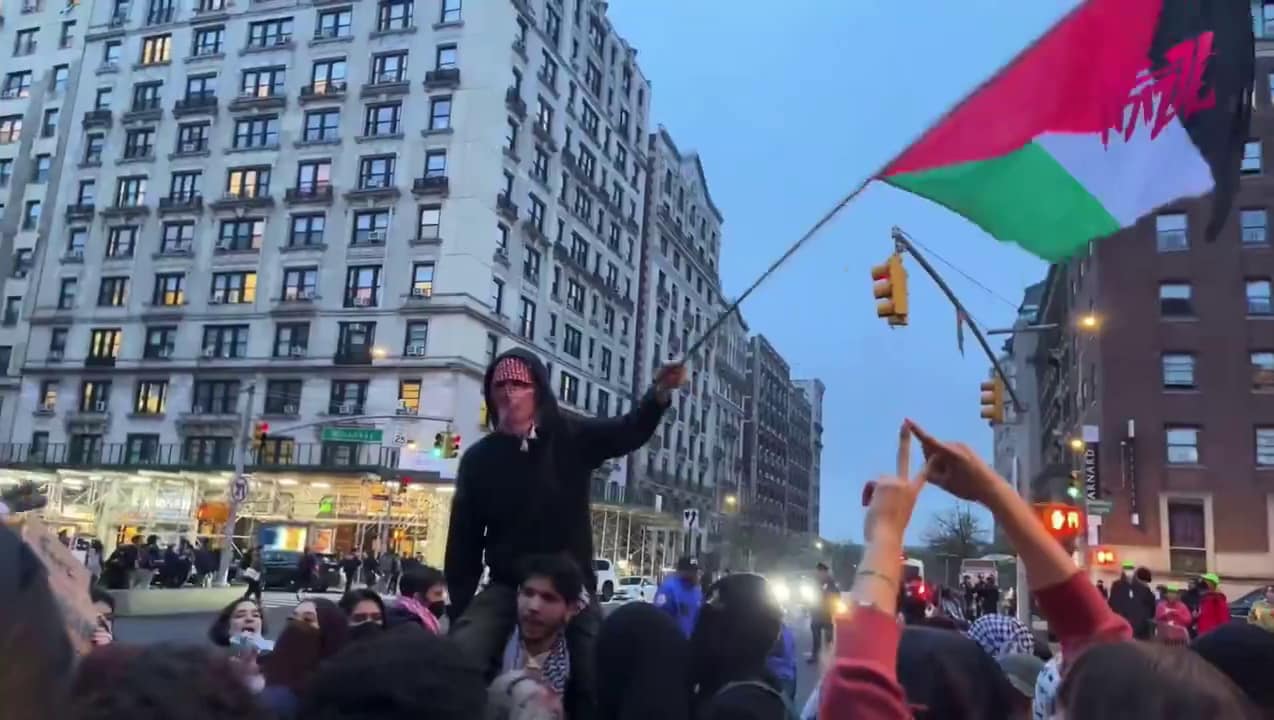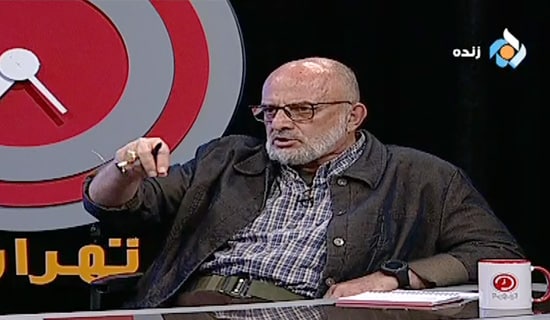
Russia Today TV aired an interview with Lebanese politician and Druze leader Walid Jumblatt on April 25, 2019. In the interview, Jumblatt said that despite claims from the “racists” in Lebanon, only 180,000 Palestinian refugees remained in Lebanon, the rest have emigrated. He added that the disputed Shebaa Farms is not Lebanese land. Jumblatt said that Lebanese officers, who were in cahoots with Syria, altered maps of the area to include the Shebaa Farms. He said: “That is when we theoretically 'occupied' the Shebaa Farms… The purpose was to keep the Syrian pretext […] that the Shebaa Farms constitute Lebanese land that must be liberated.” In response to the interviewer’s question Jumblatt said that to some extent, this was a Trojan Horse.
Walid Jumblatt: The Deal of the Century relates to Palestine. Just to make it clear to all the racist Lebanese loudmouths: Only 180,000 of the Palestinians who came in 1948 remained in Lebanon. The rest have emigrated. The figures are being blown up in the media by the familiar racist Lebanese right wing.
[…]
There is no point we haven’t managed to resolve. I’m talking about the demarcation of the border between Lebanon and [Syria] in the Shebaa Farms area. In my opinion, the Shebaa Farms is not Lebanese land. That’s my opinion. Following the liberation of South Lebanon in 2000, the Lebanese maps were altered by Lebanese officers, who collaborated with the Syrians. That is when we theoretically “occupied” the Shebaa Farms and Wadi Al-Asal. This was a geographical modification on paper, not on the ground.
Interviewer: For what purpose?
Walid Jumblatt: The purpose was to keep the Syrian pretext, which was upheld by others too. That the Shebaa Farms constitute Lebanese land that must be liberated by all possible means… And this is what happened.
Interviewer: So it was a Trojan Horse?
Walid Jumblatt: To some exent.
[...]













